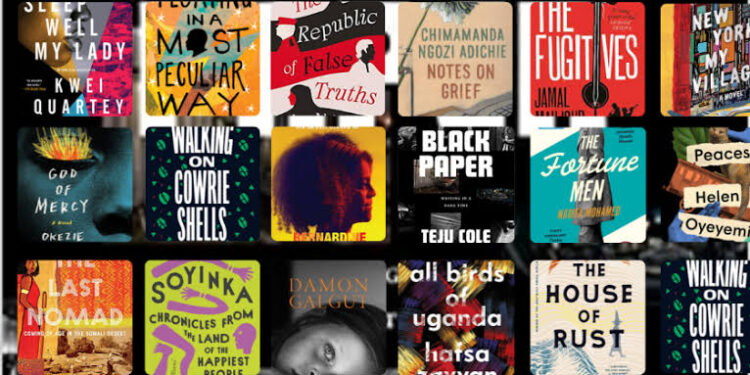According to Britannica, “literature is a body of written works. The name has traditionally been applied to those imaginative works of poetry and prose distinguished by the intentions of their authors and the perceived aesthetic excellence of their execution.
Literature may be classified according to a variety of systems, including language, national origin, historical period, genre, and subject matter.” From the definition above, we can vividly see some of the aspects literature permeates, the language, national origin, history and so on.
As far as this article is concerned, language is so important, as it relates so much with the oral aspect of literature, which is the mirror of life.
The aspect of national origin, culture and some other important aspect that relates to life, are being passed down from generation to generation, from our forefathers to we, the children and easily, we can turn the oral to written form.
It is important to note that, oral literature cuts across the three genres of literature – prose, drama and poetry. All the moonlight stories, folklore, tales, history, and so on, are all passed down to us through oral medium or channel.
And as they are being passed to us, there are different cultural aesthetics – proverbs, taboos, etc, cultural values, beliefs, norms and traditions, that are being added to those stories and as such, we are being formed and made through them: we are being built and structured.
All these things are what make up our cultural experiences, and this has been turned to what we learn today via books being published.
Our foreathers cannot write, as they are illiterate, however, they can talk and speak through language. They are by virtue of their experiences, the custodians of the culture we have today. If they had not bequeathed those values to us through the oral channels, we won’t know some of the things we know today in terms of cultural orientation, values, beliefs, norms and traditions.
It has contributed to Modern African Literature through the following;
1) Preservation of cultural values which helps in the structuring of what we have and know today.
2) Bequeathing or instilling of moral instinct and conscience, which helps to shape the modern society we have today.
3) Reviving our cultural cognitive orientation (CCO), which helps in having sound and intelligent communication structure amidstour peers.
4) Adding value to the authenticity of the Modern African Literature.
In conclusion, Modern African Literature (MAL) cannot be what it is today without the intervention of the Oral Literature (OL), as we have seen in the article above.
Oral Literature is as relevant today to Modern African Literature as it was in the old time, when it was popular.
© Joseph I. Babatunde, 2023















